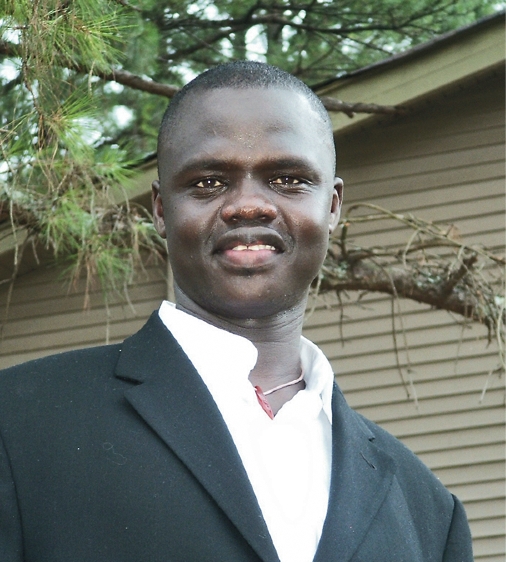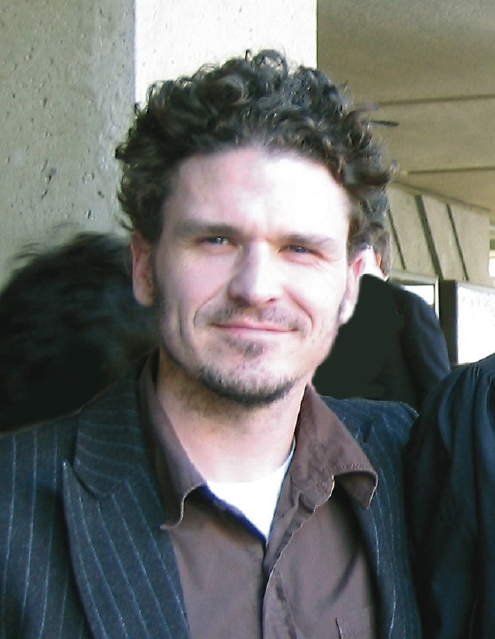What Is The What
An Interview With Valentino Achak Deng And Dave Eggers


Dave Eggers

Latest Article|September 3, 2020|Free
::Making Grown Men Cry Since 1992


Dave Eggers



